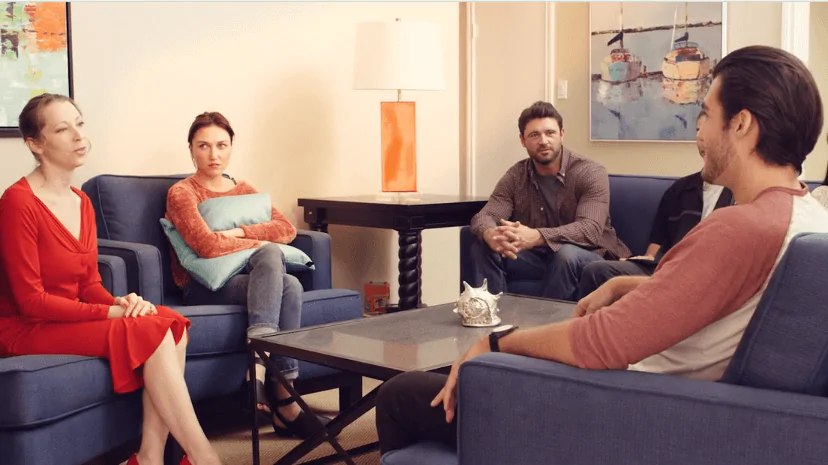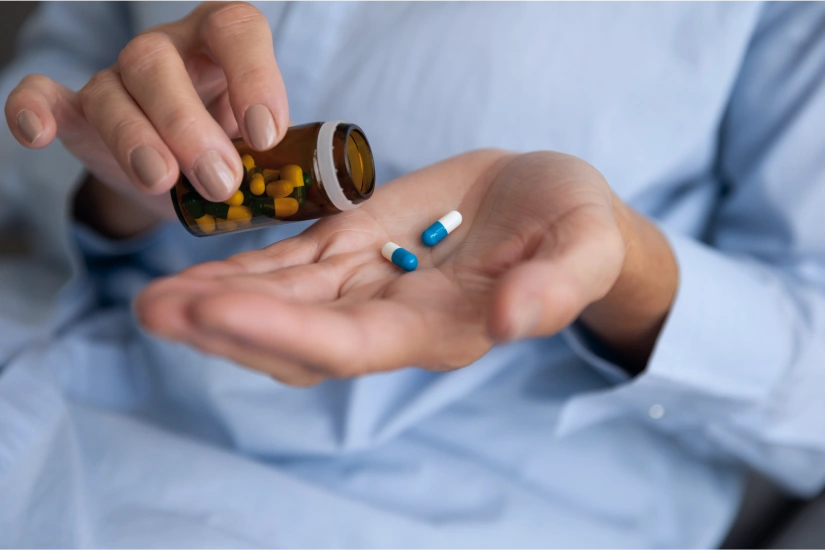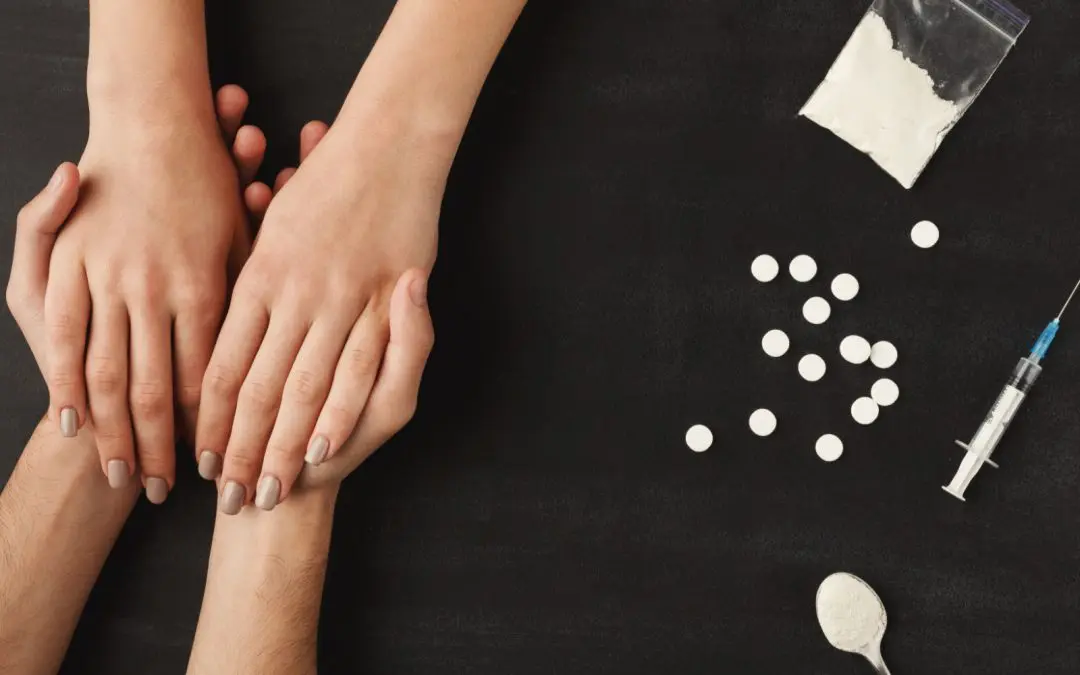24/7 Helpline:
(866) 899-221924/7 Helpline:
(866) 899-2219
The issue of drug addiction in Picayune, Mississippi has grown in alarming proportions, impacting families and individuals throughout the community. The rise in substance abuse, particularly with opioids, methamphetamine, and alcohol, has necessitated a greater focus on recovery solutions. Residents often find themselves struggling with the cyclical nature of addiction, which not only affects personal well-being but also the socio-economic health of the area.
As the demand for support systems continues to rise,
centers in Picayune, Mississippi play an essential role in providing addiction treatment and rehabilitation services. These facilities offer comprehensive programs tailored to help individuals overcome the hurdles of addiction. They serve as sanctuaries for recovery, fostering environments where individuals can reclaim their lives through therapies, counseling, and community support.The historical significance of Picayune cannot be overlooked—it is known for its bustling economy in the early 20th century due to industries like the railroad and agriculture. Today, this historical backdrop faces modern challenges, as the community looks for effective ways to address current health crises, including alcohol addiction in Picayune, Mississippi. The presence of quality rehab centers stands as a beacon of hope, guiding residents toward a path of recovery and a more promising future.
Ultimately, addressing drug and alcohol addiction through effective rehab programs is not just a local necessity but a crucial step in empowering the community of Picayune, Mississippi. Together, we can work towards solutions that foster healing, resilience, and a brighter tomorrow for all its residents.
Addiction treatment, drug and alcohol rehab centers are also available in Pearl River One can also look forOther Insurance Options

Absolute Total Care

Evernorth

Highmark

Providence

Anthem

BlueShield

Molina Healthcare

MVP Healthcare

Cigna

Coventry Health Care

BHS | Behavioral Health Systems

Humana

Lucent

Medical Mutual of Ohio

Premera

Multiplan

Optima

Oxford

Self-pay options

Choice Care Network

Gulf Coast Mental Health Center
Gulf Coast Mental Health Center is community mental health center providing a wide range of mental h...






















Teen Challenge of Mississippi
Teen Challenge of Mississippi is a non-profit Christian organization who aims to help women with lif...










